Laser focus your strategy: Data-driven marketing for oncology and rare diseases
How to use audience data to take your targeting capabilities to the next level.
Your target audience
While HCP data can be used to locate care-seekers, even if a healthcare company engages key HCPs there will still be excluded patients. Mechanisms are needed to ensure care-seekers get the education and content they need to find appropriate care.
Going beyond statistics
Patient and provider decisions aren’t made in a vacuum. Data-driven marketing requires you to evaluate behavioral patterns and decision-making processes — emotional motivators. For patients with rare diseases and some cancers, treatment options are limited or don’t exist. HCPs make treatment decisions based on consultations with disease-specific experts, clinical guidelines, and published research. The issue here: a lack of expertise.
Because of the dearth and need for more specialized skills, patients who normally allow their provider to make decisions must depend on their own research. This provides an opportunity to leverage data, as long as it is appropriately sourced and analyzed.
Assembling and analyzing data
The objective is to gather all information that can help you identify patients experiencing symptoms of cancer or a rare disease — including those yet undiagnosed. One data source is de-identified patient information.
Rare diseases lack insurance claim codes, but their medical history reveals symptoms. This enables searching for de-identified patients’ codes associated with a particular disease.
Post analysis, your marketing can focus on HCPs who likely have a patient with a rare disease or cancer. As you gather more data, you can refine your search for more accurate targeting.
Other data sources include:
• Clinical trials
• Direct patient testimonials
• Sales data on pipeline drugs
• Disease analysis and trends
• Incidence forecasts
Data can also be analyzed from medical journals, the FDA database and other channels to inform your marketing strategies.
Analytical concepts — including text mining, natural language processing, AI, statistics and predictive analytics — can effectively manage, process and analyze data from every possible source. You can use big data analytics to recognize inherent patterns, visualize outcomes, carry out correlations between entities, bring out the sentiment in text and much more.
Now it’s time to personalize your data-driven campaign to tap into the emotional motivators and drive engagement.
How to personalize your marketing campaigns
Where in the care journey are your care-seekers? Many oncological and rare disease states lack educational materials. An unbranded disease-state awareness campaign can help to build patient and caregiver knowledge within a particular medical area. Such a campaign should precede any branded campaigns. This focus on building awareness before positioning your brand in-market means all stakeholders feel prepared while deriving both value and a sense of trust from you, and likely will resonate better with your upcoming branded messaging.
Creating successful personalized marketing
The first step: strong data analysis, including behaviors and preferences. Personalizing your data-driven marketing involves meticulous data inspection, hyper-targeted messaging and ongoing monitoring and optimization. Use your data analysis to develop care-seeker personas.
Next:
• Segment patients into groups based on behaviors and interests to create an experience that will resonate
• Develop content that speaks to each segment
• Use the right messaging and communication channels — including email, social media and targeted advertising — and combine with out-of-home (OOH) and sales
• Monitor your marketing campaigns and optimize your communications based on patient engagement metrics.
Data analysis during product development is a mainstay of the healthcare industry, but marketing that product — or running disease education campaigns pre-launch — are different skillsets. And that’s where Underscore Marketing comes in, as partners in your ongoing success.










